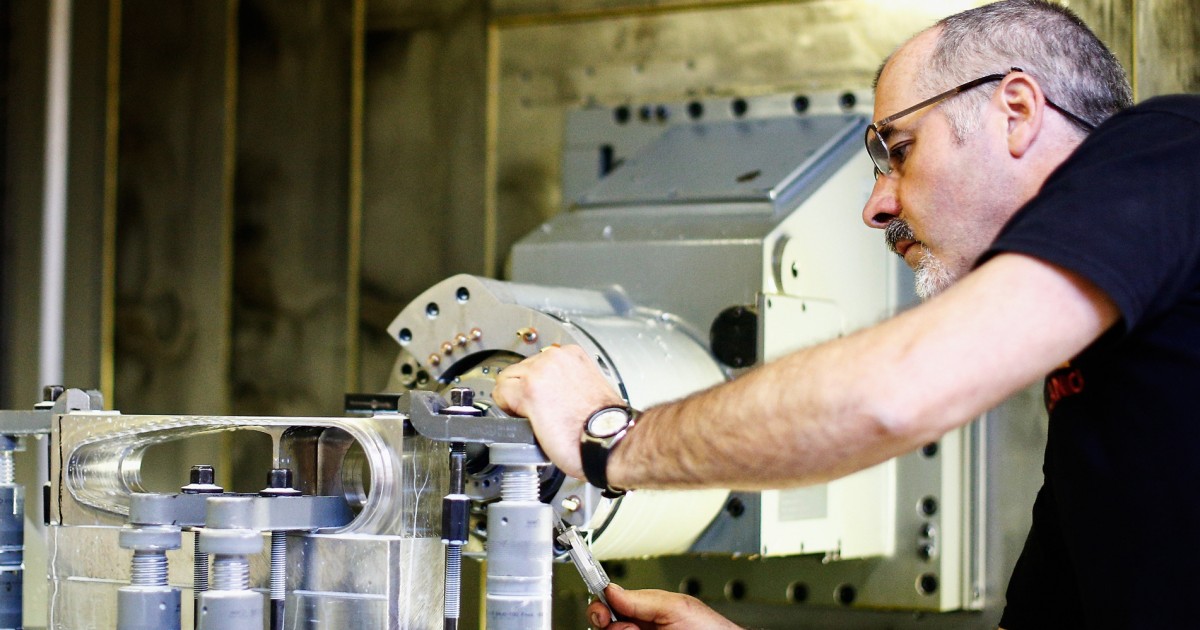
Fusion Reactors
Fusion reactors are devices that use nuclear fusion reactions to generate heat and electricity. In a fusion reaction, two atomic nuclei are combined to form a heavier nucleus, releasing a large amount of energy in the process. The challenge in building a fusion reactor is to create and maintain the conditions necessary for the fusion reaction to occur, including high temperatures and pressures. One approach is to use magnetic confinement to contain a plasma of hydrogen isotopes, such as deuterium and tritium, and heat it to the point where fusion occurs. Another approach is to use inertial confinement, where a small pellet of fuel is compressed by intense laser beams to create the necessary conditions for fusion. Fusion reactors have the potential to provide a virtually limitless source of clean energy, with no greenhouse gas emissions or long-lived radioactive waste.
Your Previous Searches
Random Picks
- Simulation Tools: Simulation tools are software programs used to create virtual models of real-world systems and processes. In the context of space and astronautical engineering, simulation tools are used to model and analyze the behavior of spacecraft, rock ... Read More >>
- Human Health: Human Health in space and astronautical engineering context refers to the study and maintenance of physical and mental well-being of astronauts during space missions. It involves monitoring and mitigating the effects of microgravity, radiat ... Read More >>
- Earth Station: An Earth Station, also known as Ground Station, is a terrestrial radio station designed to communicate with spacecraft, including satellites, rockets, and other space vehicles. It serves as a vital link between the spacecraft and the ground ... Read More >>
Top News

Scientists release plans for an even bigger atom smasher to address the mysterie...
GENEVA — Top minds at the world’s largest atom smasher have released a blueprint for a much bigger successor that could vastly improve research into the remaining enigmas of physics....
News Source: NBC News on 2025-04-01

Scientists release plans for even bigger atom smasher along the French-Swiss bor...
Scientists at the world’s largest atom smasher have released a blueprint for a much bigger successor that could help solve enigmas of physics, starting in the mid-2040s at a cost of about $16 billio...
News Source: ABC News on 2025-04-01

The 'Blaze Star' hasn't exploded yet, but it could soon...
T Coronae Borealis has an outburst every 79 to 80 years, according to NASA....
News Source: ABC News on 2025-03-28
I visited the sprawling 'metroburb' where 'Severance' is filmed. It's a 2 millio...
Bell Works, the real office complex that doubles as Lumon on "Severance," is redefining what an office can be....
News Source: Business Insider on 2025-03-28

We've spotted auroras on Neptune for the first time...
After 34 years of searching, astronomers have finally confirmed Neptune has auroras, thanks to data from the James Webb Space Telescope...
News Source: New Scientist on 2025-03-27